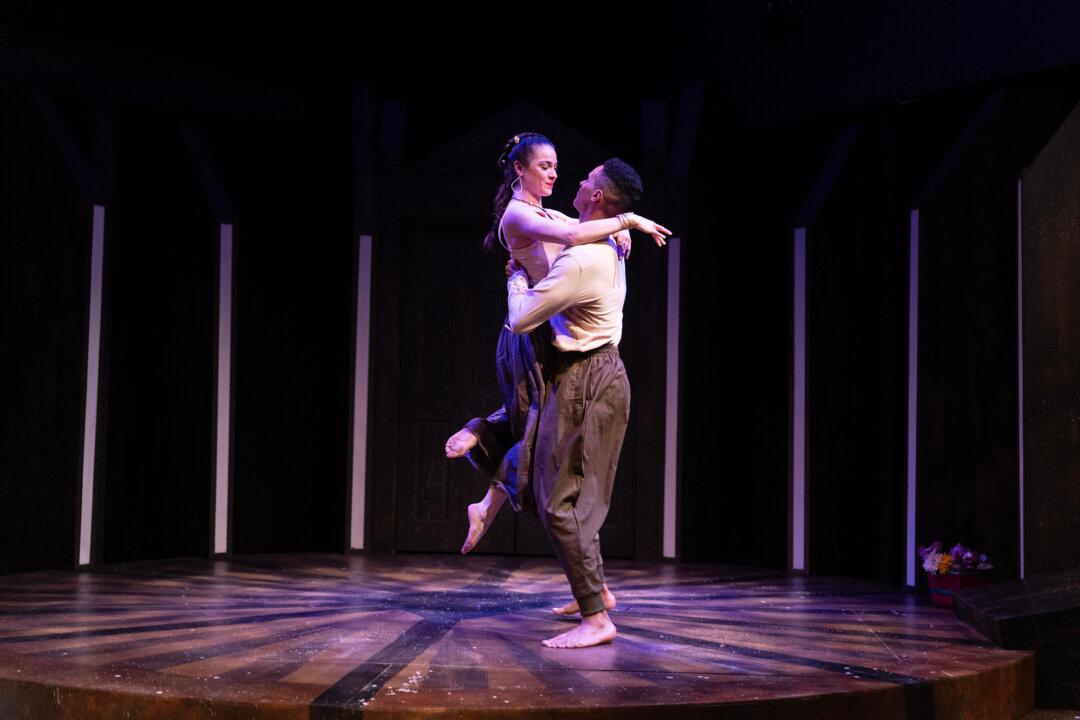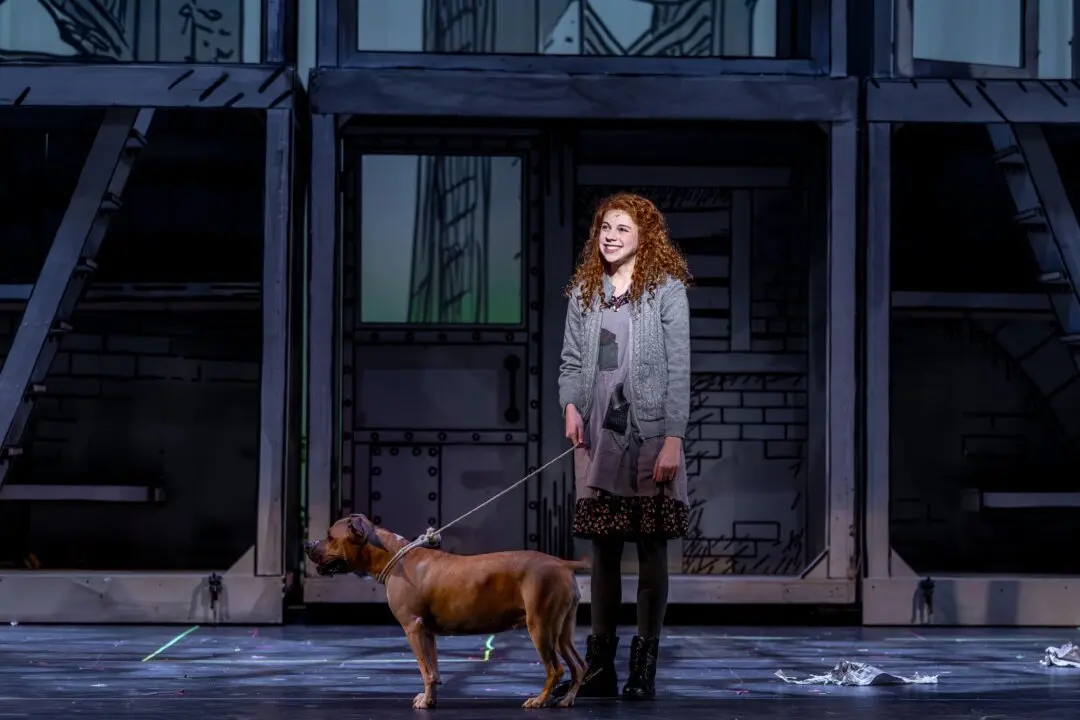CHICAGO—It’s one of Shakespeare’s most problematic plays, which is why the revival of “The Winter’s Tale” at the Invictus Theatre in Chicago is such an extraordinary production. It’s a difficult work because the first and second act are so different; the first is tragic, and the other is happy and life affirming. It’s easy to believe that these are two one-act plays, not a single production. One of Shakespeare’s last works, the play was first performed in 1611 at the Globe Theatre in London.
As is the case with each of Shakespeare’s works, this play revolves around human nature and emotions. “The Winter’s Tale” focuses on jealousy, heartbreak, forgiveness, and love.





